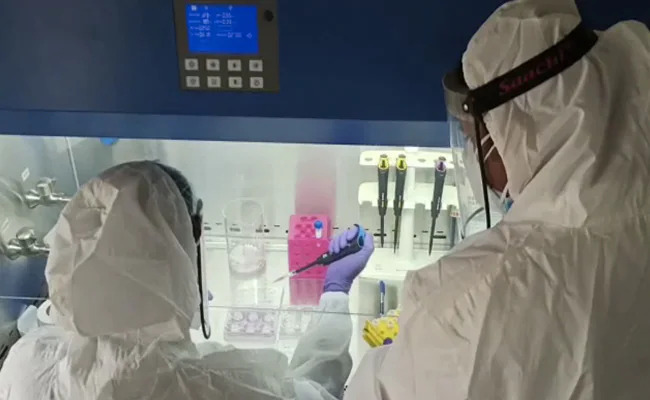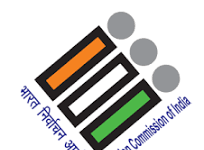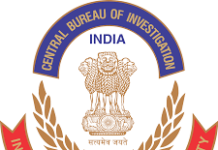
The Drugs Controller General of India (DCGI) has approved the use of 2-deoxy-D-glucose (2-DG), a drug developed by the Institute of Nuclear Medicine and Allied Sciences (INMAS), a lab of the Defence Research and Development Organisation (DRDO), in collaboration with Dr. Reddy’s Laboratories (DRL), Hyderabad, for anti-COVID-19 therapeutic application.
According to the order, emergency use of this drug as adjunct therapy in moderate to severe COVID-19 patients is permitted, according to the Ministry of Defence. It was also stated that because it is a generic molecule and a glucose analogue, it can be easily produced and made widely available in the country.
The Drugs Controller General of India (DCGI) has approved the use of 2-deoxy-D-glucose (2-DG), a drug developed by the Defence Research and Development Organisation’s (DRDO) Institute of Nuclear Medicine and Allied Sciences (INMAS) in collaboration with Dr. Reddy’s Laboratories (DRL), Hyderabad, for anti-COVID-19 therapeutic application.
According to the Ministry of Defence, emergency use of this drug as adjunct therapy in moderate to severe COVID-19 patients is permitted. It was also claimed that because it is a generic molecule and a glucose analogue, it can be easily manufactured and distributed throughout the country.
In COVID-19 patients, a higher proportion of patients treated with 2-DG had RT-PCR negative conversion, according to the study.
“The drug will be of immense benefit to the people suffering from COVID-19,” said the Ministry.
INMAS-DRDO scientists conducted laboratory experiments with the help of the Centre for Cellular and Molecular Biology (CCMB) in Hyderabad in April 2020, during the first wave of the pandemic, and discovered that this molecule works effectively against SARS-CoV-2 virus and inhibits viral growth.
In May 2020, the DCGI approved a Phase-II clinical trial of 2-DG in COVID-19 patients.
Clinical trials to test the drug’s safety and efficacy in COVID-19 patients were started by the DRDO and its industry partner DRL, Hyderabad.
The drug was found to be safe in COVID-19 patients in Phase-II trials (including dose ranging) conducted from May to October 2020, and showed it improved their recovery significantly. Six hospitals participated in Phase IIa, and 11 hospitals participated in Phase IIb (dose ranging) clinical trials across the country. A 110-patient phase-II trial was conducted.
On various endpoints, patients treated with 2-DG showed faster symptomatic cure than patients treated with Standard of Care (SoC). When compared to SoC, the median time to achieve normalisation of specific vital signs parameters showed a significantly favourable trend (2.5 days difference).
In November 2020, the DCGI will allow Phase-III clinical trials based on the positive results. Between December 2020 and March 2021, 220 patients were enrolled in the Phase-III clinical trial at 27 COVID-19 hospitals in Delhi, Uttar Pradesh, West Bengal, Gujarat, Rajasthan, Maharashtra, Andhra Pradesh, Telangana, Karnataka, and Tamil Nadu. The DCGI received the detailed data from the phase-III clinical trial. In comparison to SoC, a significantly higher proportion of patients in the 2-DG arm improved symptomatically and became free of supplemental oxygen dependence by Day 3 (42 percent versus 31 percent), indicating early relief from oxygen therapy/dependence.





